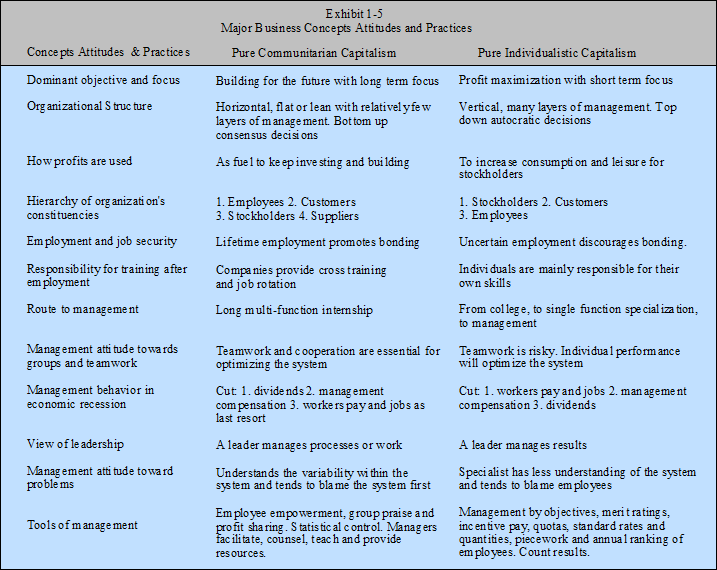5 Tips Managerial Accounting

Managerial accounting is a vital component of any business, providing essential insights and information that managers need to make informed decisions about the company’s operations and future direction. It differs from financial accounting in its focus on internal decision-making rather than external reporting. Effective managerial accounting involves several key strategies and principles. Here are five tips for enhancing managerial accounting practices within your organization:
1. Implement a Comprehensive Cost Accounting System
Understanding the true costs of producing goods or services is critical for making sound business decisions. A comprehensive cost accounting system helps in identifying, measuring, and analyzing various costs, such as direct materials, direct labor, and overhead costs. By accurately allocating costs, businesses can better evaluate the profitability of different products or services, make informed pricing decisions, and optimize their production processes.
Moreover, cost accounting can be integrated with other managerial accounting tools, such as activity-based costing (ABC) or the theory of constraints (TOC), to provide a more detailed and nuanced view of costs and their impact on profitability. For instance, ABC can help identify the specific activities that drive costs and allocate costs more accurately to products or services based on their usage of those activities.
2. Utilize Budgeting and Forecasting Tools
Budgeting and forecasting are fundamental tools in managerial accounting. They help organizations plan for the future by establishing financial goals and predicting future financial outcomes. A well-planned budget serves as a roadmap for the company, ensuring that resources are allocated efficiently towards achieving strategic objectives.
Forecasting, on the other hand, allows businesses to anticipate and prepare for potential future challenges or opportunities. By analyzing historical data and external factors, such as market trends and economic conditions, companies can develop more accurate forecasts that inform their strategic decisions.
3. Apply Performance Measurement and Evaluation Techniques
Effective managerial accounting involves not only planning and decision-making but also evaluating performance. Key performance indicators (KPIs) and other metrics can be used to assess how well the organization is meeting its objectives. Performance measurement should be aligned with the company’s strategic goals and should cover various aspects of business operations, including financial performance, customer satisfaction, internal processes, and learning and growth.
Techniques like the balanced scorecard (BSC) provide a comprehensive framework for evaluating performance from different perspectives, ensuring that no single aspect of performance is optimized at the expense of others. Regular review and adjustment of performance metrics can help in identifying areas for improvement and in making data-driven decisions.
4. Leverage Financial and Non-Financial Data for Decision Making
Decision-making in managerial accounting should be based on a combination of financial and non-financial data. While financial metrics, such as return on investment (ROI) and profitability ratios, are crucial, non-financial metrics like customer satisfaction ratings, employee engagement levels, and environmental sustainability indicators can also provide valuable insights.
For example, a decision to invest in a new product line might be supported by financial data showing potential for high returns, but it should also consider non-financial factors such as market demand, consumer preferences, and the product’s alignment with the company’s overall mission and values.
5. Foster a Culture of Accountability and Continuous Improvement
Finally, to maximize the benefits of managerial accounting, organizations should foster a culture that values accountability and continuous improvement. This involves not only holding managers and employees accountable for achieving budgeted targets and performance goals but also encouraging a mindset of continuous learning and improvement.
Regular analysis of variances between actual and budgeted performance can help identify areas where processes or strategies need adjustment. Furthermore, engaging in continuous improvement initiatives, such as total quality management (TQM) or lean management, can help reduce waste, improve efficiency, and enhance overall business performance.
In conclusion, managerial accounting plays a pivotal role in guiding business decisions and driving strategic growth. By implementing a robust cost accounting system, utilizing budgeting and forecasting, applying performance measurement techniques, leveraging both financial and non-financial data, and fostering a culture of accountability and continuous improvement, organizations can enhance their managerial accounting practices and achieve better outcomes in a rapidly changing business environment.
What is the primary goal of managerial accounting?
+The primary goal of managerial accounting is to provide managers with relevant and timely information to make informed decisions about the company’s operations and future direction.
How does cost accounting contribute to business decision-making?
+Cost accounting helps businesses understand the true costs of producing goods or services, enabling them to evaluate the profitability of different products, make informed pricing decisions, and optimize production processes.
What role do budgets and forecasts play in managerial accounting?
+Budgets serve as financial plans that help allocate resources efficiently towards strategic objectives, while forecasts predict future financial outcomes, allowing businesses to anticipate and prepare for challenges or opportunities.
Why is it important to use both financial and non-financial metrics in decision-making?
+Using both financial and non-financial metrics provides a more comprehensive view of business performance and the potential impact of decisions, ensuring that strategic choices align with the company’s overall mission and values.
How can a culture of accountability and continuous improvement support managerial accounting?
+A culture of accountability holds individuals responsible for achieving budgeted targets and performance goals, while a focus on continuous improvement encourages ongoing learning and adaptation, leading to enhanced business performance and strategic growth.